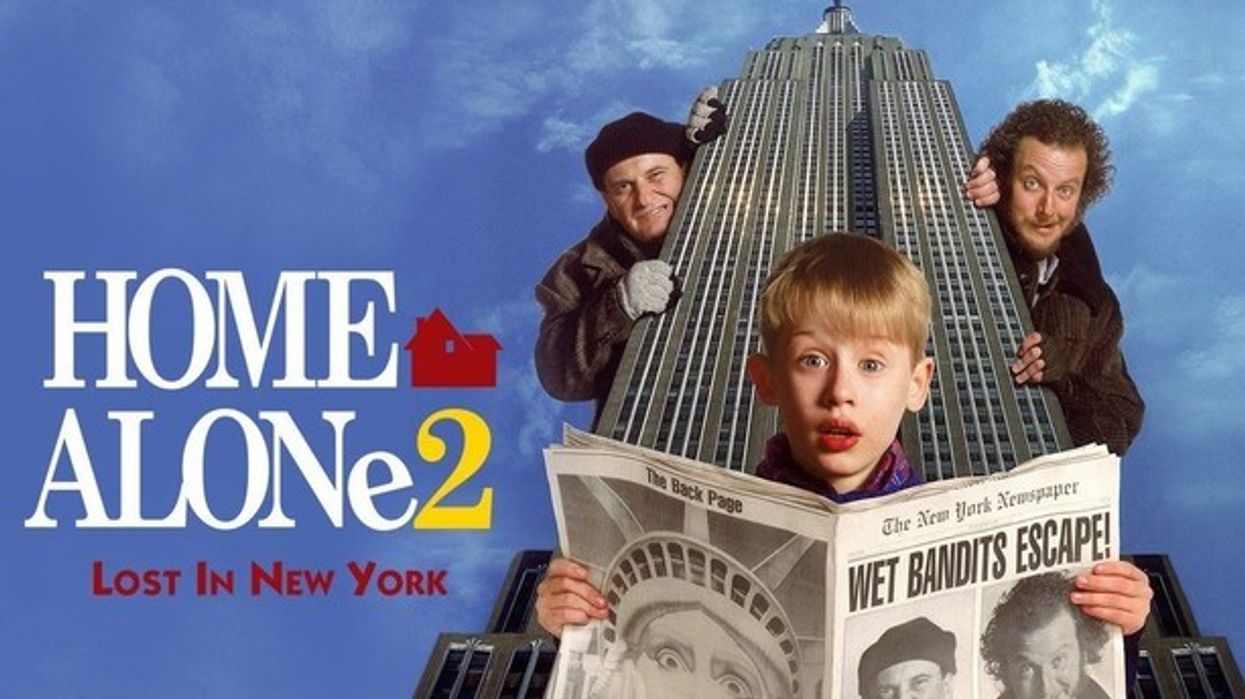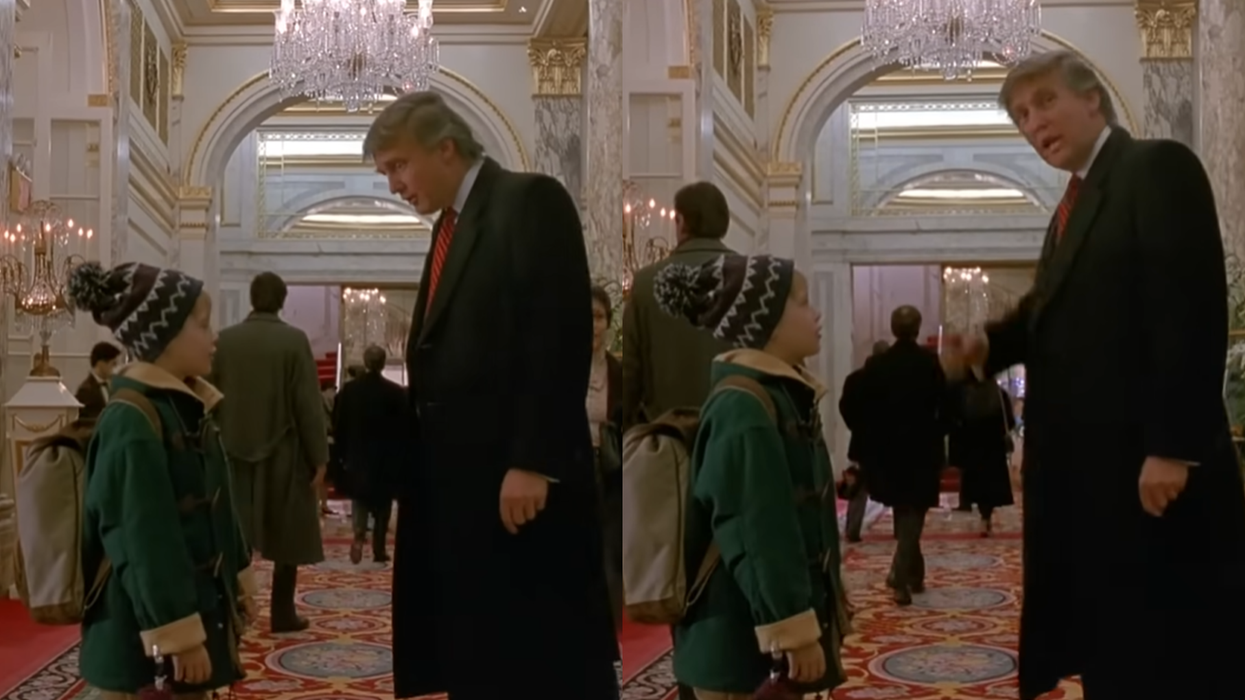More than three decades after Home Alone 2: Lost in New York hit cinemas, director Chris Columbus is still dealing with the fallout of a seven-second scene that’s aged badly in his eyes. In a recent chat with the San Francisco Chronicle, Columbus opened up about how he regrets including Donald Trump’s blink-and-miss-it appearance in the holiday sequel. “It’s become a curse,” he admitted. “An albatross.”
The cameo in question features Macaulay Culkin’s Kevin McCallister walking into the Plaza Hotel and asking Trump who owned the hotel at the time for directions. That brief exchange has become one of the most talked-about moments from the film, but not for the reasons Columbus would’ve hoped.
- YouTubeyoutu.be
Columbus has shared before that the production team wanted to shoot in the Plaza and were told the only way they could do that was if Trump got to be in the movie. They agreed, filmed the scene, and initially thought nothing more of it. But during a test screening in Chicago, the audience’s loud reaction convinced Columbus to keep it in. “They cheered. They loved it. I thought, okay, maybe it works as a moment,” he recalled.
Fast forward to today, and the director can’t shake off the regret. “I wish it wasn’t there,” he said. “It’s become something I don’t want to be associated with.”

Trump, on the other hand, has claimed that Columbus and his team were practically “begging” him to appear. Posting on Truth Social last year, he dismissed Columbus’s version of events and insisted the cameo helped boost the film’s success.
Columbus, not amused, denied ever asking Trump to be part of the film for artistic reasons. “There’s no version of this story where I’m begging a non-actor to be in my movie,” he said. “We just needed the hotel.”

While Trump’s fans still celebrate the moment, others including Culkin himself have shown support for the idea of digitally removing the scene altogether. In fact, when a fan suggested replacing Trump with an older version of Culkin, the actor replied simply: “Sold.”
For Columbus, it’s not just about politics. It’s about a brief moment that’s come to define more than it should. “I just wish it was gone.”





